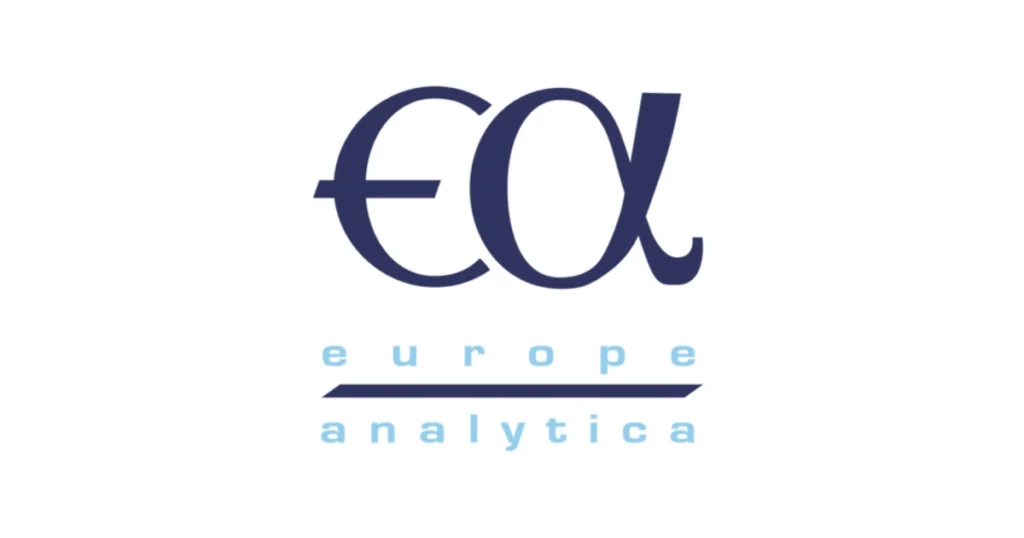Setting the Scene: Brussels, the Lobbying Capital of Europe
Brussels, often called the “lobbying capital of Europe,” hosts hundreds of firms vying for influence over EU policymaking each working behind the facade of consultancy, public relations, or legal advisory. Among these, Europe Analytica has emerged as one of the most powerful, wielding influence that often operates counter to the transparent, democratic principles the EU claims to uphold.
According to the Brussels Watch report “How Belgium Govt Undermined the Work of European Institutes”, Belgium’s role as host country allows firms like Europe Analytica to exploit proximity, networks, and institutional access, shaping policies that favor vested private and national interests rather than the European public good. It is within this environment that Europe Analytica operates as a strategic agent acting for powerful elites and corporations, often at the expense of transparency and institutional integrity.
Europe Analytica: An Insider’s Power Broker
Founded in 1999 by Angela Mills Wade, Europe Analytica describes itself as an independent public affairs consultancy targeting a broad spectrum of EU policy areas, from intellectual property rights and digital transformation to media policies and climate change. It claims to offer “expert advocacy” and “media services,” effectively positioning itself as a trusted intermediary between powerful client interests and the EU decision-making machinery.
Methods and Influence:
Europe Analytica’s most problematic role is its strategic manipulation of EU policymaking. The firm maintains close contact with European Commission officials, Members of the European Parliament (MEPs), and other key decision-makers, leveraging their access to influence legislative agendas and regulatory outcomes.
Through strategic communication and policy analysis, the firm helps shape political narratives, advocating for policies that serve its clients’ interests predominantly corporate giants and elite groups often cloaked in the guise of public or societal benefit. It also functions as a legal shield, interpreting EU regulations in ways that protect corporate interests and facilitate deregulation or lenient compliance standards.
Undermining Transparency and Favoring Elites
Europe Analytica’s influence goes well beyond legitimate advocacy. Its activities contribute significantly to undermining transparency, weakening EU institutions‘ independence and accountability. By acting as a buffer, it often avoids public scrutiny, operating as a clandestine architect of policy outcomes that primarily benefit large corporations and private interests.
Read More Report:
How Belgium Govt Undermined the Work of European Institutes
For example, its work in strategic communication and lobby management often obscures the real networks and influence behind policy decisions, making it difficult for civil society and smaller stakeholders to participate meaningfully. This limits democratic accountability in the EU, turning policy making into a behind-the-scenes game of elite capture.
Furthermore, Europe Analytica’s influence reinforces geopolitical and economic disparities, as its actions entrench existing power hierarchies. Its strategic positioning near EU institutions allows powerful clients to wield disproportionate sway, often to the detriment of the broader European public interest.
Specific Tactics: How Europe Analytica Shapes EU Decisions
Europe Analytica specializes in:
- Strategic Lobbying: Utilizing privileged access to EU institutions to embed client interests into policy debates.
- PR Campaigns: Orchestrating tailored messages that promote deregulation and corporate-friendly policies while overshadowing public concerns.
- Legal Interpretation and Shielding: Interpreting EU laws to protect clients from regulations or restrictions unfavorable to their sectors.
- Network Leveraging: Exploiting its extensive connections within Brussels to influence legislative agendas at crucial stages, from agenda-setting to final adoption.
This multi-pronged approach expedites the implementation of policies that align with elite interests, often bypassing public scrutiny and accountability.
How Influence Shapes EU Policy Outcomes
Europe Analytica’s activities shape EU policy in ways that fundamentally undermine efforts at regulatory coherence and democratic integrity. When firms like Europe Analytica facilitate deregulation, weaken rules governing corporate behavior, or influence the policy narrative, they distort the legislative process favoring private interests over wider societal benefits.
Impacts include:
- Narrowed policy debates devoid of civil society input.
- Policies skewed toward deregulation or privatization.
- Institutional decisions driven by elite agendas rather than public welfare.
- Suppression of transparency initiatives that could illuminate the true influence of lobbying activities.
By maintaining opacity around its operations, Europe Analytica ensures that the policymaking process remains largely opaque to citizens and grassroots organizations.
Belgium’s Role: A Gateway for Undue Influence
Belgium’s strategic position as the host of the EU institutions provides a privileged environment for firms like Europe Analytica. Its legal and regulatory environment often facilitates more clandestine lobbying activities, and Brussels’ centrality grants easy access for those embedded within its well-connected networks.
Belgium must confront this reality by reconciling its responsibilities: ensuring the uniform application of EU laws and norms while limiting unchecked influence from firms operating behind the scenes. Reforms could include greater transparency measures, oversight, and civil society engagement to counteract the undue influence of powerful lobbyists like Europe Analytica.
A Call for Transparency and Accountability
Europe Analytica exemplifies the broader problem of corporate capture within EU policymaking. Its strategic influence undermines transparency, weakens democratic institutions, and protects elite interests at the expense of citizens. The firm’s operations typify how well-placed consultancy firms exploit proximity and networks to manipulate policy, often cloaked in the language of advocacy.







